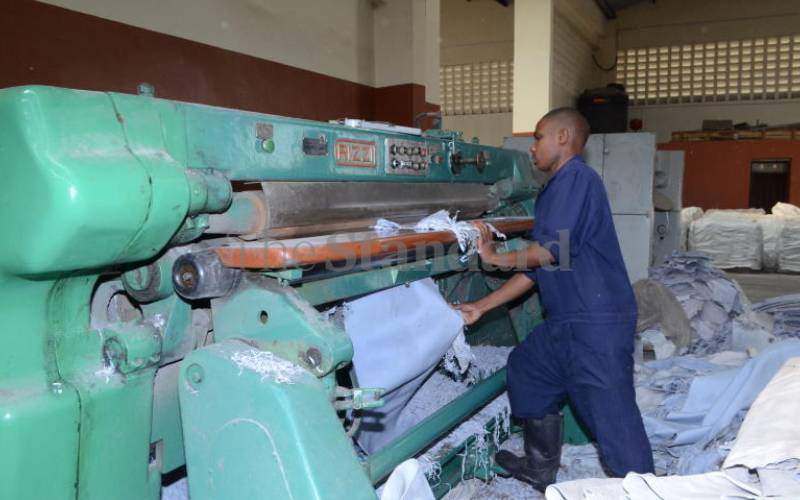×
The Standard e-Paper
Kenya's Bold Newspaper

Audio By Vocalize

The record retail prices for fuel, higher taxes and the weak shilling resulted in the costs for raw materials rising at their fastest pace in over a decade last month.
This, in turn, saw manufacturers pass the higher costs to consumers.


